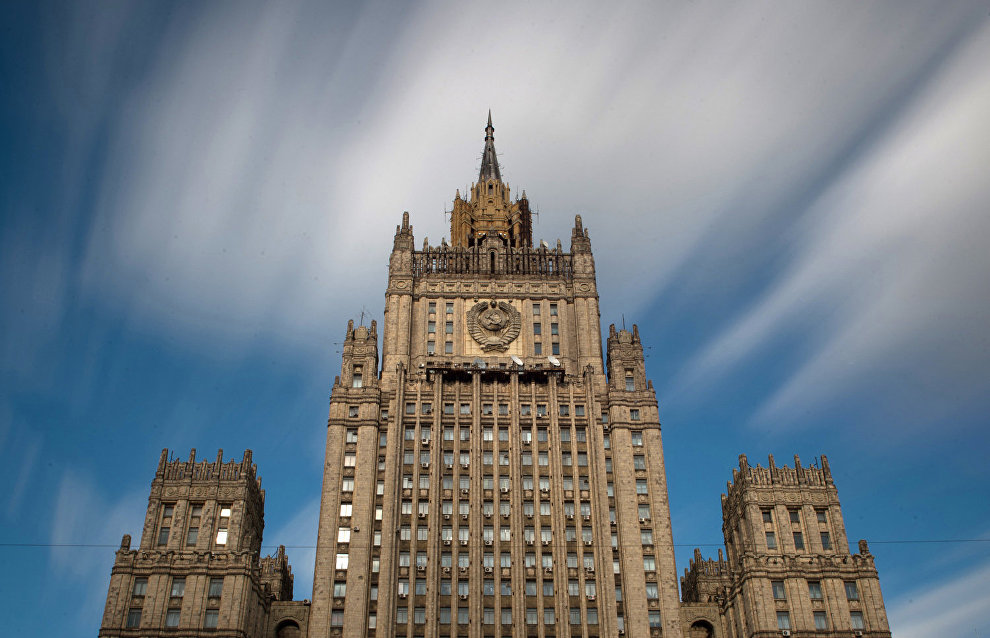Russian Foreign Ministry sends Norway a message on the occasion of the 100th anniversary of the Spitsbergen Treaty
Foreign Minister of Russia Sergey Lavrov has sent a letter to his Norwegian counterpart, Ine Marie Eriksen Søreide, on the occasion of the 100th anniversary of the Spitsbergen Treaty. The message says that the treaty not only formalized the unique international legal status of the archipelago but also guaranteed the rights and legitimate interests of the other parties to that international treaty, including Russia. Its signing created the foundation for the cooperation of the concerned states in the interests of the development and use of the Archipelago's vast territory.
"The traditions of peaceful coexistence and neighborliness were not interrupted even during the Cold War and, in general, remain valid to this very day. Science and education are actively developing on the Archipelago. Coal mining, which constituted the basis of economic operations on Spitsbergen for years, is being increasingly complemented with tourism and the service sector," a press release on the Foreign Ministry website reads.
It is also pointed out that "Russia is the only country, apart from Norway, that for decades has conducted economic operations on Spitsbergen, and we do not intend to curtail our presence there. On the contrary, we have long-term plans for strengthening, diversifying and modernizing it. The Russian Federation is interested in developing lasting and constructive cooperation with Norway on Spitsbergen and in promoting a dialogue on practical matters."
At the same time, Moscow again urged Norway to comply with the letter and spirit of the 1920 Treaty when it comes to the guarantees of "equal liberty of access and entry" to the Archipelago and the possibility to conduct commercial and economic operations there "on a footing of absolute equality." In particular, Russia is concerned about the restrictions on the use of the Russian helicopter, the new deportation procedure, the unlawfulness of Norway's fisheries protection zone, and the unreasonable extension of nature protection zones where economic operations are limited, as well as several other problems.
Russia invites its Norwegian partners to conduct bilateral consultations to lift these restrictions. "We expect a positive reply from the Norwegian side," the message says.
